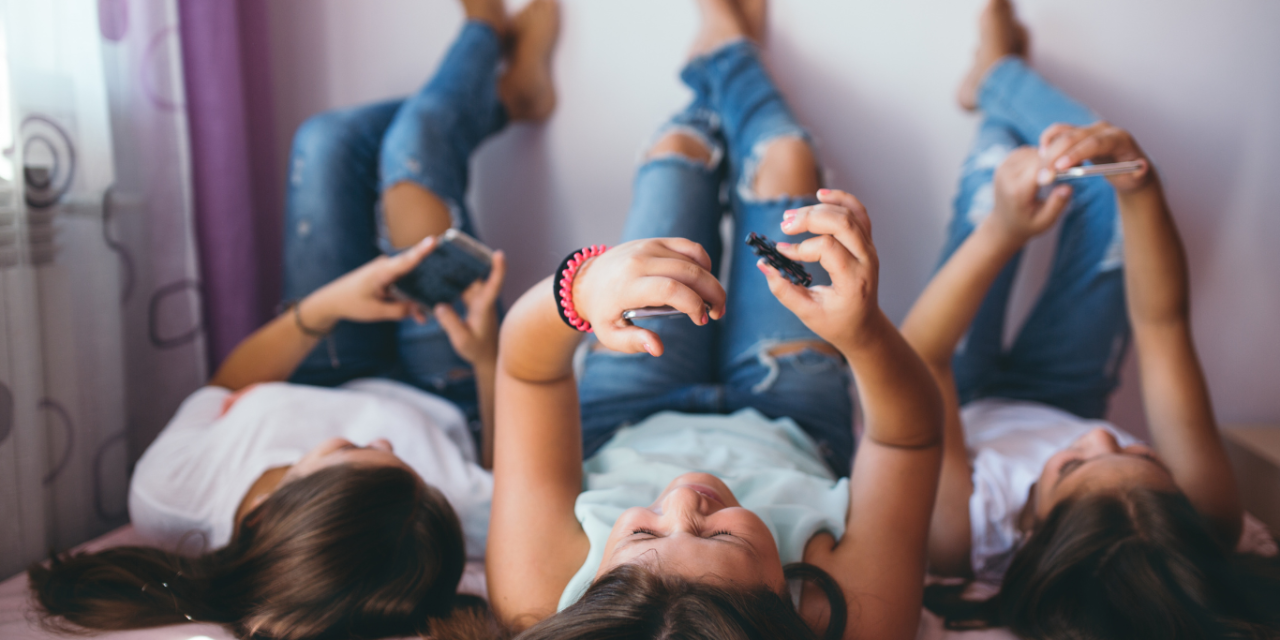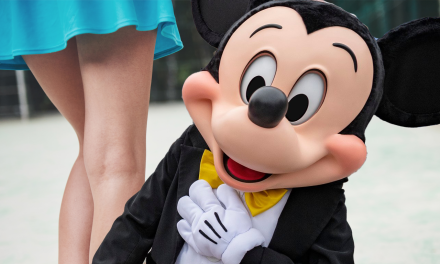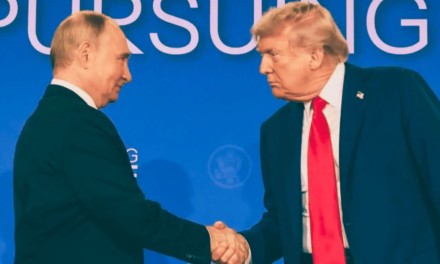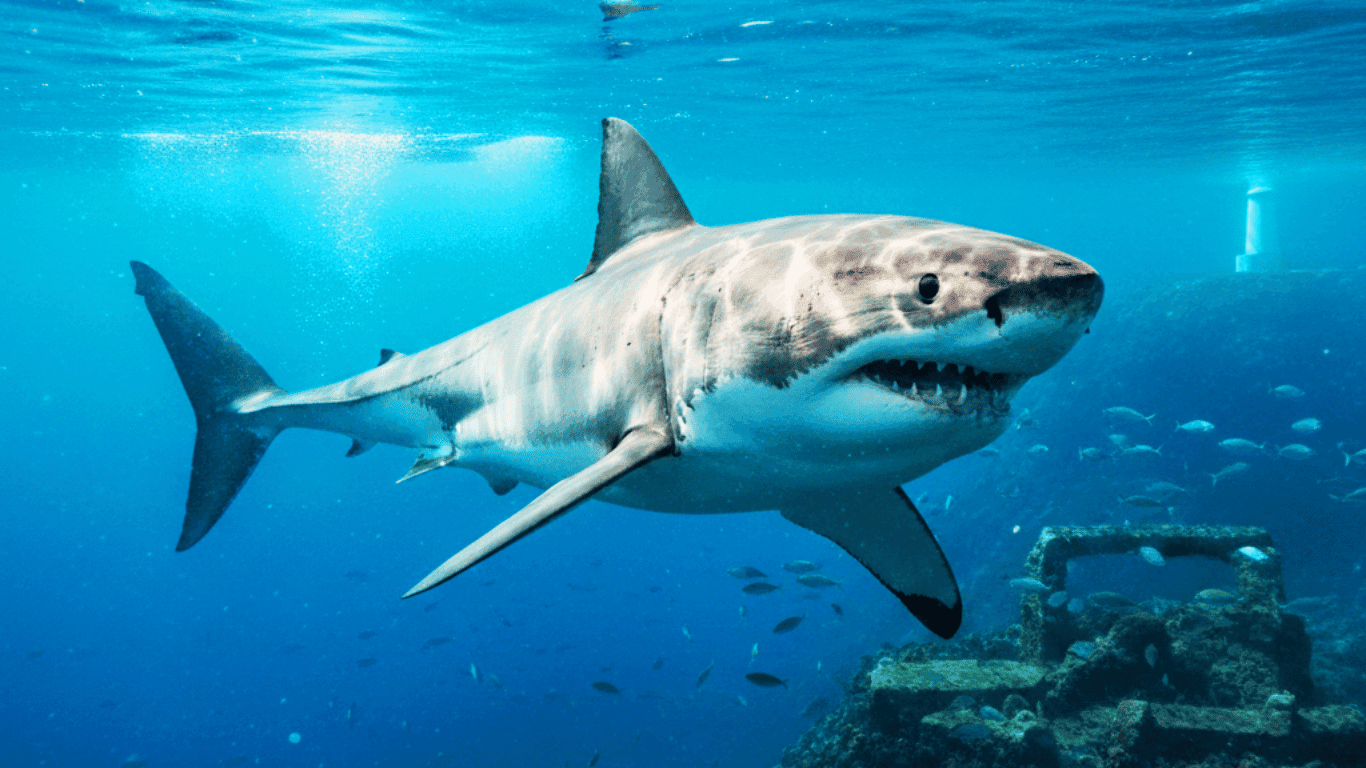In a bold move, Australia is introducing the world’s strictest social media regulations, banning children under 16 from accessing platforms like Snapchat, TikTok, Instagram, and more. This landmark legislation, which was approved by Parliament, aims to protect young users from the negative impacts of social media.
The ban, slated to take effect in at least 12 months, will impose hefty penalties of up to A$50 million on tech companies failing to comply. Prime Minister Anthony Albanese emphasized the urgent need for such measures, echoing concerns shared by many parents who worry about the “harms” associated with social media.
However, critics have raised concerns about privacy, enforcement, and the broader implications of the ban. Questions remain unanswered about how the restrictions will be implemented, as the legislation leaves decisions about specific platforms to Australia’s communications minister, guided by the eSafety Commissioner.
While platforms like Facebook, X (formerly Twitter), and Instagram are expected to be included, gaming and messaging apps will be exempt. Platforms accessible without accounts, such as YouTube, are also likely to avoid restrictions.
The government plans to use age-verification technology to enforce the ban, placing the responsibility on social media companies to implement these measures. However, digital experts have questioned the feasibility and privacy risks of such technologies, warning they could rely on sensitive biometric or identity data.
Critics also point out that determined users could bypass the restrictions through tools like VPNs, which mask a user’s location. Children who manage to circumvent the ban will not face penalties, but enforcement remains a challenge.
Despite the skepticism, early polling suggests strong support among Australian parents, who see the reforms as a way to reclaim their children’s time and mental well-being. “For too long, parents have faced an impossible choice—either giving their kids access to an addictive device or risking their isolation,” said Amy Friedlander, a leading advocate for the ban.
However, some experts argue that the legislation is overly simplistic, cautioning it could push children toward more dangerous and unregulated online spaces.
This initiative sets a global precedent, with Australia becoming the first country to enforce such a high minimum age for social media use without exemptions for existing users or parental consent. After passing the Senate with a 34–19 vote, the bill cleared its final hurdle in the House of Representatives.
“We want our kids to have a childhood,” Prime Minister Albanese declared, “and parents to know we have their backs.”















